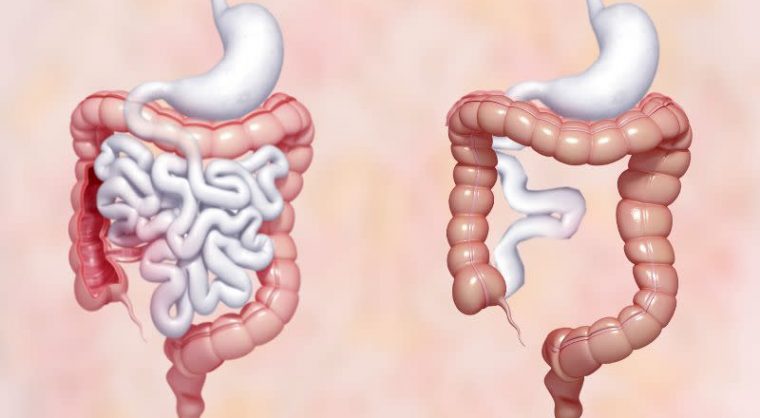Short bowel syndrome (SBS) is a rare and debilitating disorder that occurs primarily due to bowel mass loss after surgical resection of the small intestine. Patients present with symptoms of malabsorption such as weight loss, diarrhea, dehydration and malnutrition. Conventional management of SBS includes the use of lifelong parenteral support, which can place a significant burden on patients and caregivers. Preventing and treating complications — related to SBS itself, parenteral nutrition or underlying disease — is also an important priority.
Due to the uncommon nature of the disease, physicians may be unaware of best practices in the management of SBS such as treatment guidelines, current therapies, emerging data and the need for resources to support patients and their caregivers. In this CME activity, Case Closed: Optimizing Outcomes for Patients with Short Bowel Syndrome, featuring John K. DiBaise, MD, from the Mayo Clinic in Scottsdale, Arizona, you will have the opportunity to review three SBS case studies covering different aspects of patient care including treatment selection, managing complications and providing patient support to improve quality of life.
After this activity, you will be able to:
- Describe guidelines, best practices and emerging data for SBS treatment.
- Apply strategies to manage complications involved in the care of SBS patients.
- Analyze barriers to optimal patient-provider communication and counsel patients on home care.
This activity is jointly provided by AGA and CME Spark. It is supported by an independent educational grant from Takeda.













